We Are Middlesbrough: Your questions answered
- Published
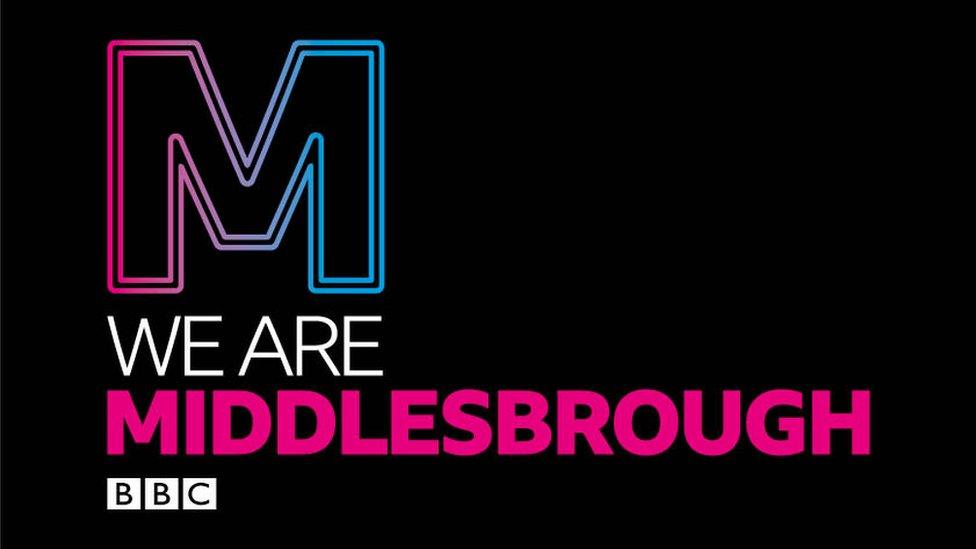
The BBC has brought its full weight to Middlesbrough this week
All week you've been sending us questions about Middlesbrough as part of We Are Middlesbrough.
You asked us why is Middlesbrough spelled, well, the way it is?
Why is the word Middlesbrough cast into steel beams at the Sydney Harbour Bridge?
Why isn't Middlesbrough on the weather map?
And who was Captain James Cook?
Well, here are some of the answers.

So, our first question was "why is Middlesbrough spelled Middlesbrough and when did it come to existence?"
One argument is a clerk missed out the first "o" in error, and the mistake has stuck.
The Gazette has previously attempted to answer the question, external, with the consensus being there was not a clear reason.
Jay Tee got in touch and said: "Middlesbrough's oldest written name is Mydlesburg (Saxon origin) from the priory of 686 AD. Mydle meaning middle or the name Mydle and burg meaning fort or fort on hill. Mydlesburg was a priory on a hill in the middle of a marsh.
"Mydlesburg was a centre for learning and many influential figures in the church came from here."
England's North East, external confirmed this: "Burgh refers to an ancient settlement, or perhaps a fort of pre-Saxon origin which may have been situated on slightly elevated land close to the Tees.
"Mydil was either the name of an Anglo-Saxon or a reference to Middlesbrough's middle location, half way between the Christian centres of Durham and Whitby."
We asked Dr Ben Roberts, a local historian and lecturer at Teesside University, and he said there was no exact name for Middlesbrough for hundreds of years.
He said there were eight variations of the name in the Middle Ages, and people most likely "made it up as they went along".
His favourite theory is that it's easier for the Teesside accent to pronounce Middlesbrough without the "o".
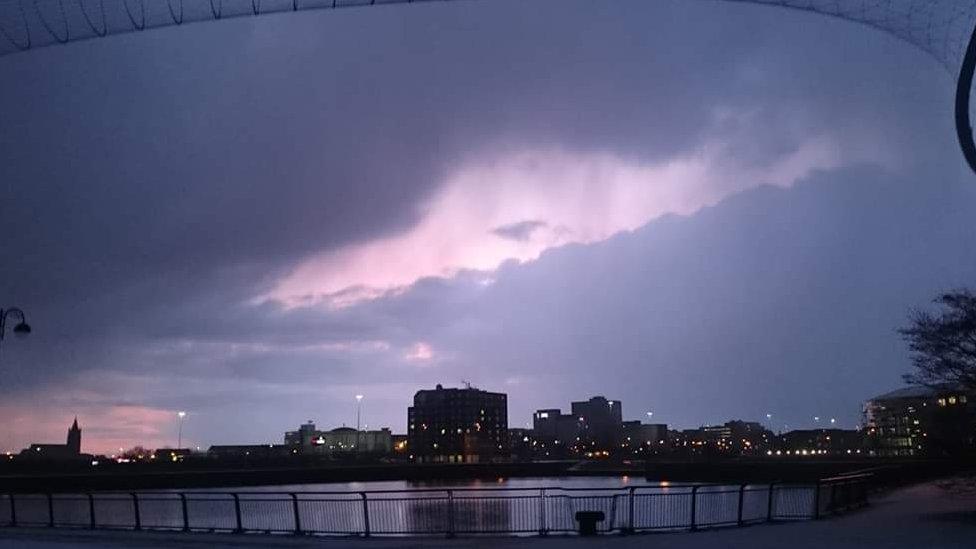
Middlesbrough's oldest written name is Mydlesburg

Ken Broady asked us: "Perhaps the BBC News could put Middlesbrough on the weather map to show where it is?"
Middlesbrough is on the map for Look North in the North East and Cumbria when the presenters zoom in, as seen below.
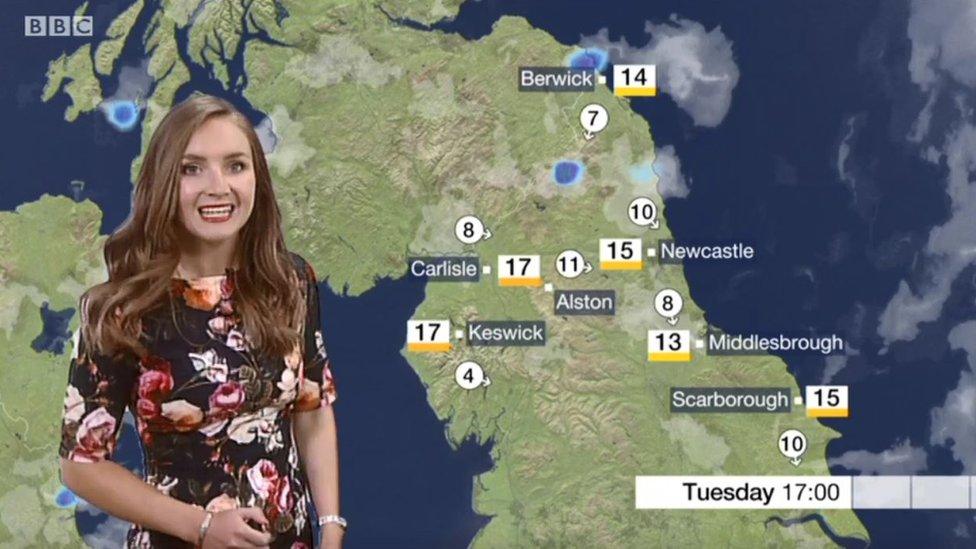
Middlesbrough does feature when we zoom in
And as part of We Are Middlesbrough, Middlesbrough was added to the national UK weather map on Thursday morning.
The BBC uses a range of different locations on the maps, such as places relevant to weather stories or events such the Grand National or Glastonbury festival.
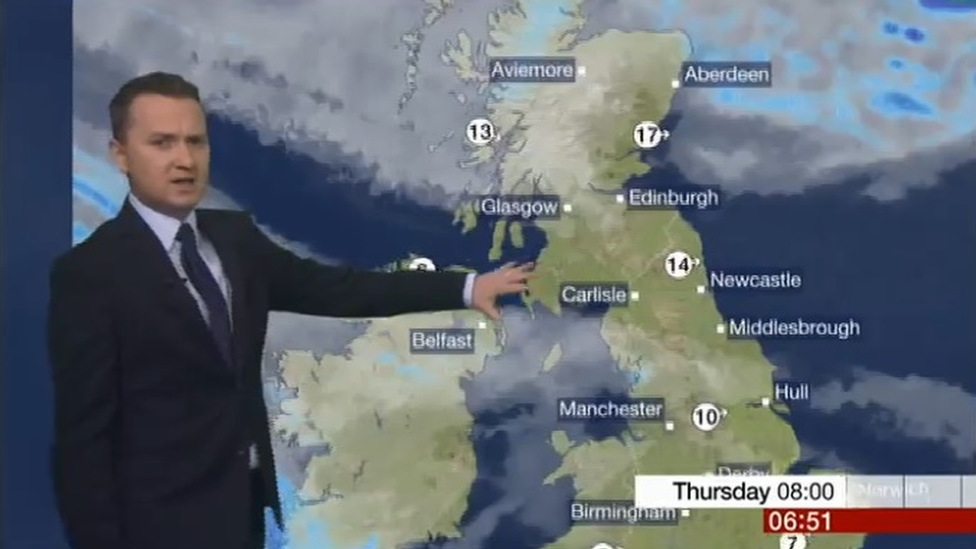
The town was added to the map for We Are Middlesbrough

Another reader asked: "Whilst walking the Sydney Harbour Bridge tour, I noticed that Middlesbrough was cast into many of the steel beams. Nobody seems to know or care but being a proud Yorkshireman, I do."
Well the answer to that is Dorman Long, an engineering company based in Middlesbrough, was responsible for railways and bridges all around the world.
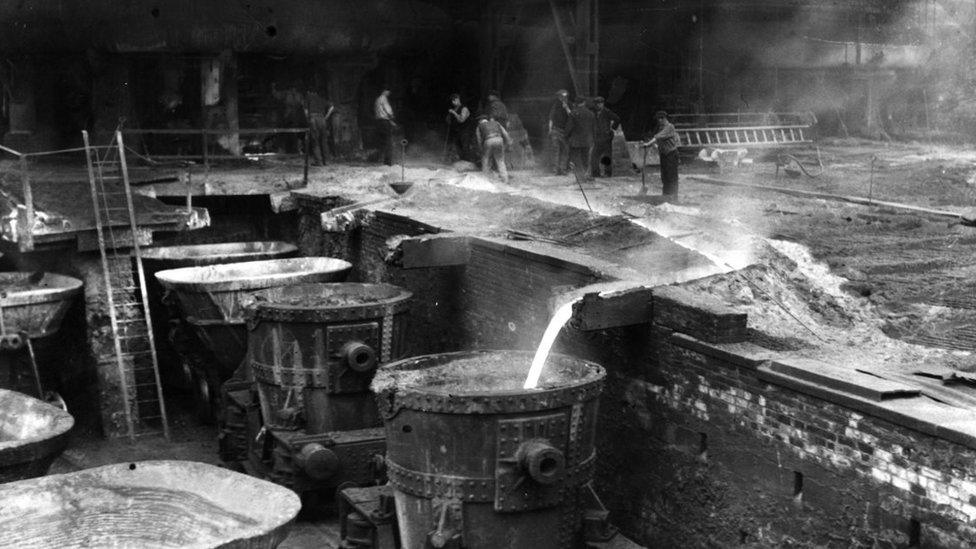
Dorman Long opened the Redcar steelworks in 1917
From harbour bridges in Sydney and Auckland and river crossings across Africa, to the Tyne Bridge connecting Newcastle and Gateshead and Middlesbrough's Newport Bridge, Dorman Long was involved.
Metal production started on Teesside in the 1840s following the discovery of iron ore in the Cleveland Hills.
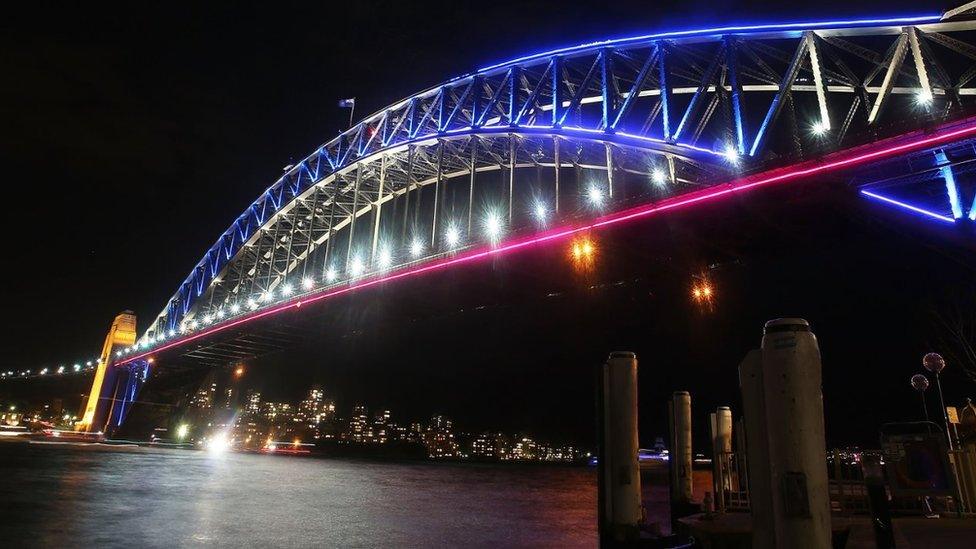
The Sydney Harbour Bridge is 134m (440ft) high
The company was formed in 1875 and took eight years to build the Sydney Harbour Bridge.
You can read more about it here.

Jenny Phillips said: "Middlesbrough is so proud that we are home to probably the most famous explorer, Captain James Cook. He made a name for himself that we still celebrate 250 years later. Cook is someone we can all aspire to here in Middlesbrough."
It's true - Captain James Cook was an 18th Century explorer born in Middlesbrough, famous for his voyages in the Pacific Ocean and his accurate mapping of them.
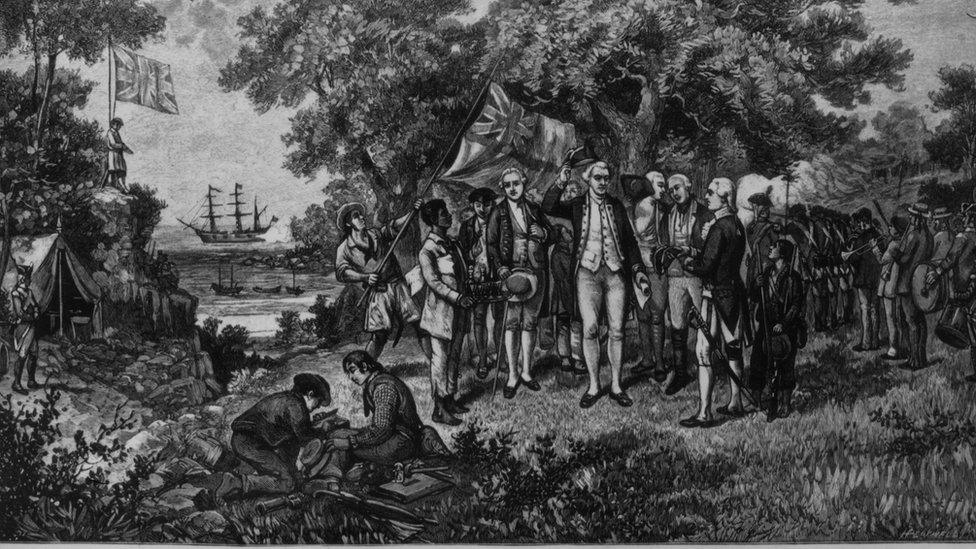
Captain Cook shortly after his landing at Botany Bay in 1770
In 1769, his Whitby-built ship HMS Endeavour sailed the length of Australia's eastern coast, which had never been seen by Europeans before.
He claimed the land for Britain, naming it New South Wales, and eventually arrived home in July 1771.
Get in touch
What are you proud of about the town and what are the stories you think we should tell more people about?
Have you got a question about Middlesbrough you would like us to answer? You can use the tool below to submit your suggestions.
If you are reading this page on the BBC News app, you will need to visit the mobile version of the BBC website to submit your question on this topic.
- Published18 May 2019
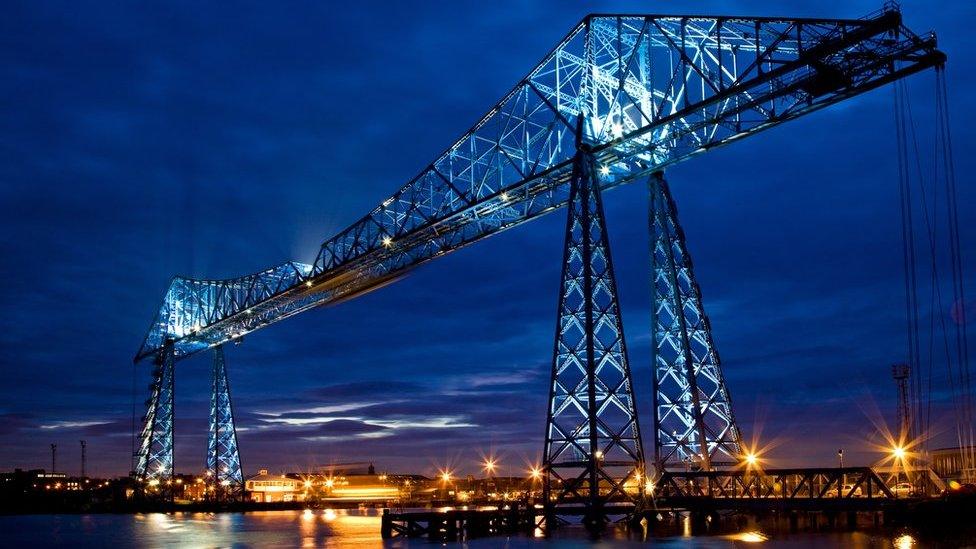
- Published21 May 2019
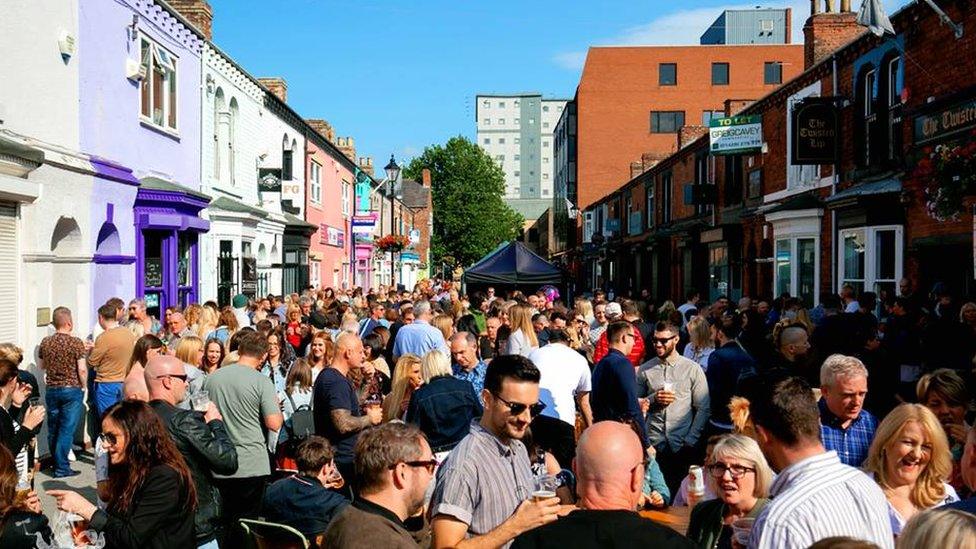
- Published23 May 2019

- Published23 May 2019

- Published19 May 2019
